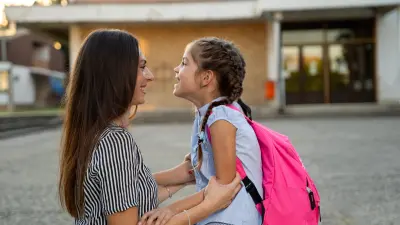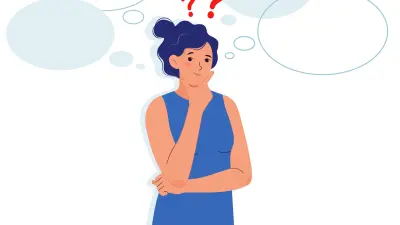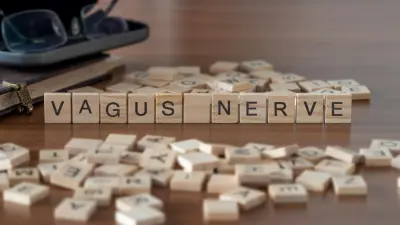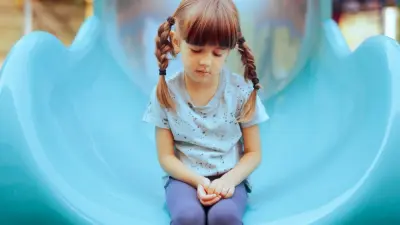My daughter met a fellow middle schooler for the first time at a birthday party a few weeks ago, and upon introduction, the first question she asked my daughter was what pronoun she identified with. She was surprised at the question, and upon relaying the story in the car, I asked if she had asked the same question in return, and she said she had, and it almost felt rude to not ask.
She has come home this school year with more and more stories about kids who are coming out as bisexual at school, declaring that they may be bisexual, or they were bisexual, but they no longer are bisexual, and refusing to line up on either side of a girl/boy line in PE. My friends with similar aged children are reporting the same experiences.
While bisexuality has always been real, it is reportedly on the rise in a big way.
According to the U.S. Centers for Disease Control and Prevention, a study between 2015 and 2019 showed that 15-17 year olds who identified as “non-heterosexual” whether that may be gay, lesbian, or bisexual, rose from 8.3% to 11.7%.
The question is, why? Is there a true increase in this percentage or are teens simply feeling more comfortable to acknowledge their “non-heterosexuality” in an anonymous platform? The study also showed while there was a significant rise in teens reporting themselves as “non-heterosexual,” there was a slight, but not significant rise in same-sex intimate contact.
The average age of the survey takers was 16, and the study included 20,440 boys and 21,606 girls. In boys, the rise was slightly smaller with an increase from 4.5% to 5.7%. In girls, the rise was from 12.2% to 17.8%.
Generation Z youth notably have the most access to information and language, compared to previous generations, that can help them to understand and confirm their identity. This generation is also noted for having the most understanding and positivity towards the LGBTQ community over previous generations.
What role does the media play in this study? Many millenial celebrities identify as bisexual or lesbian and have spoken publicly about their sexuality and their journey towards self-discovery. Celebrities bringing the topic to light has also potentially created a normalcy that makes other individuals feel more comfortable sharing their own stories.
As young adults are more accepting about differences in sexuality and more public figures bring their own experiences to light this becomes a more open topic and a true example of generational differences.








Leave a Reply